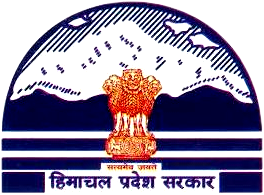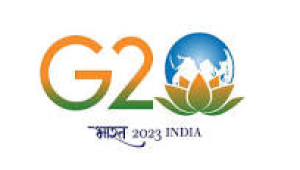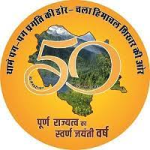| CO1 |
Achieve the ability to address real-world challenges by applying probability theory and statistical techniques effectively. |
| CO2 |
Develop a deep understanding of random variables, their distributions, and their practical applications for modelling real-world phenomena. |
| CO3 |
Acquire the ability to extract actionable insights from data by estimating population parameters accurately, constructing confidence intervals, and
conducting hypothesis test with practical implications.
|
| CO4 |
Master the skills to make data-driven decisions, including hypothesis testing for various parameters and the analysis of relationships using correlation
and regression.
|
| CO5 |
Cultivate the skillset to tackle genuine, practical challenges by systematically employing statistical methods, enhancing the ability to provide valuable
solutions in various professional contexts.
|
| CO1 |
Became familiar with the digital signal, positive and negative logic, Boolean algebra, logic gates, logical variables, the truth table, number systems, codes, and their conversion from to others. |
| CO2 |
Learn the minimization techniques to simply the hardware requirements of digital circuits, implement it, design and apply for real time digital systems |
| CO3 |
The ability to understand, analyze and design various combinational and sequential circuits |
| CO4 |
Became able to know various types of components-ADC and DAC, memory elements and the timing circuits to generate different waveforms, and also
the different logic families involved in the digital system.
|
| CO1 |
K2-summarise dot convention, coupled circuits, KCL, KVL, and different circuit parameters.
|
| CO2 |
K3-implement ac network analysis techniques using mesh analysis, nodal analysis, network theorems, and graph theory for finding out
network solutions.
|
| CO3 |
K3-apply Laplace transform in circuit analysis and transformation. |
| CO4 |
K3-examine steady state response, transient response, network functions and two-port parameters. |
| CO5 |
K4-analyse two port networks using Foster and Cauer Forms and for positive real functions. |
| CO1 |
To enable students to understand the various sociological concepts, social system, social structure, social institution & social stratification. |
| CO2 |
To enable students to understand the evolution of society after understanding the features of tribal, agrarian & industrial society |
| CO3 |
To enable students to understand secularism & Communalism. |
| CO4 |
To enable students to acquire the basic knowledge of history and its sources. |
| CO5 |
To enable students to understand the major historical events till independence. |
| CO6 |
To enable students to understand the issues & concerns after independence |





